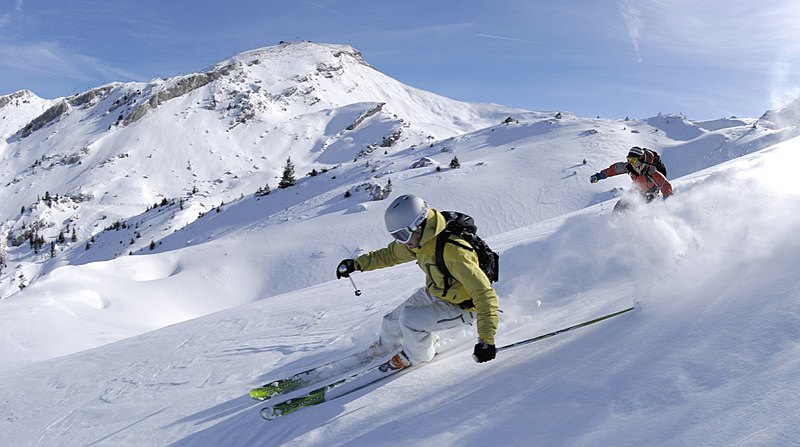U.S. News
U.S. winter tourism faces uncertainty due to climate change
By Jake Beardslee · February 9, 2024
In brief…
- Unusually warm winters due to climate change are threatening winter sports and activities in the U.S.
- Specific events like snowmobiling, skiing, skating, and hockey tournaments have been disrupted by insufficient snow and ice.
- Communities that rely on winter tourism face economic uncertainty as winters warm.

Warmer winters due to climate change are threatening beloved seasonal activities and traditions across the United States. “People are sad. They’re bereft, really, because it’s part of our culture. It’s how you get through the long winter, through the dark days,” Claire Wilson, executive director of Minneapolis’ Loppet Foundation, which has had to cancel many of its usual winter events like snowshoeing and tubing due to unseasonably warm weather, told Axios.
In parts of Wyoming and Montana, the snowmobiling and cross-country skiing seasons are expected to shrink by 20-60% by the end of the century, according to Sarah Blount of the National Environmental Education Foundation. Specific weather patterns like El Niño have contributed to this winter’s particularly warm temperatures, but climate change is gradually making winters warmer overall.
The ice at Colorado’s Evergreen Lake, known as the “world’s largest Zamboni-groomed outdoor ice rink,” wasn’t thick enough for skating until late December. Syracuse, New York’s annual Pond Hockey Classic tournament had to relocate from a frozen lake to a man-made rink. The ice runway at New Hampshire’s Alton Bay Seaplane Base, the only one in the continental U.S., will likely stay closed this winter due to insufficient ice thickness. Even the Great Lakes have seen 25% less ice cover compared to previous decades.
“The joy was palpable” when the Loppet Foundation was able to hold the occasional event this warm winter, Wilson said. But communities that rely on winter sports tourism and related economic benefits face an uncertain future if winters continue to warm. As Claire Wilson laments, “It’s part of our culture. It’s how you get through the long winter.”